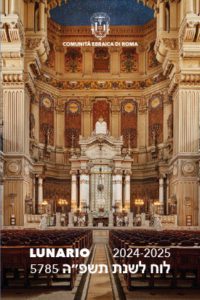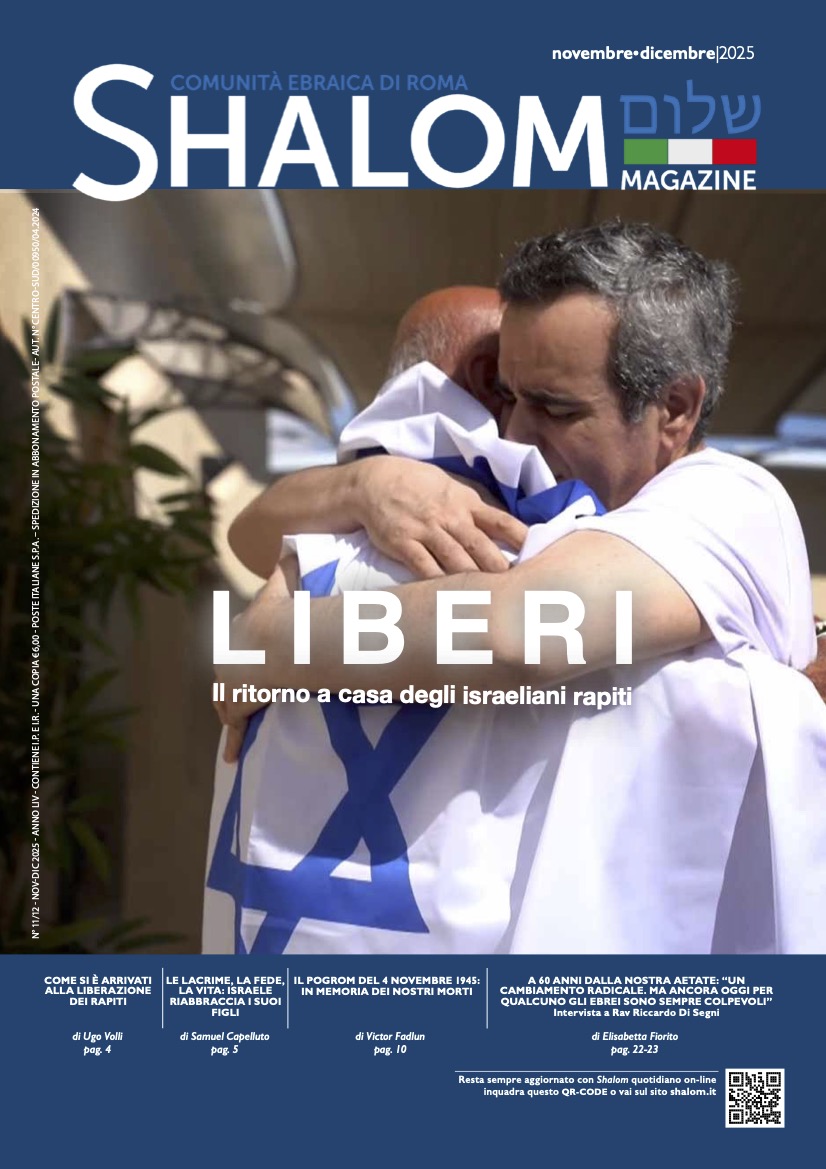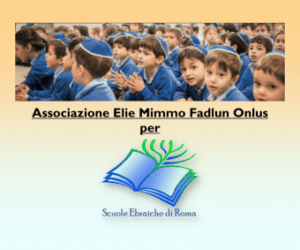
The death of Queen Elizabeth has inevitably touched the hearts of many, after 70 years of realm “The London Bridge has fallen”.
During the longest sovereignty in British history, the queen won the loyalty and respect of the British Jewish community. Many personalities and rabbis have been honored with titles and knighthoods; the Queen nominated Rabbi Jonathan Sacks Lord and Baron.
Leaders of the Jewish community have expressed their deepest condolences and spoke of Elisabeth II with enormous affection.
In a statement of sorrow, the Board of Deputies of British Jews said “No words can fully describe the extent of our nation’s loss”.
The Israeli prime minister, Isaac Herzog, described her passing as “the end of an era” and said “Queen Elizabeth was a historic figure: she lived history, she made history, and with her passing she leaves a magnificent, inspirational legacy.”
While Ephraim Mirvis, current British chief rabbi, produced a video message in which he said: “Her affection for the Jewish people ran deep, and her respect for our values was palpable. We recall with much appreciation the warm relationship she had with the Jewish community with a particular commitment to interfaith relations and Holocaust memorial”, he then continued by recalling an occasion when he and his wife were invited to see Her Majesty’s private collection in Windsor Castle, where the queen showed them items of Jewish interest and value, including a Torah scroll rescued from Czechoslovakia during the Holocaust.
Throughout her very long time on the throne, the queen of England has never set foot in Israel. She has been in other countries of the Middle East, including Jordan and Egypt, but never in the land of Jews. Both her sons, Charles and Edward, have travelled to Israel but informally. In fact, the first ever visit to Israel in an official capacity by the royal family took place only in 2018, when Prince William arrived in the Jewish state on an unprecedented official visit, putting an end to the royal absence.
Prince Philip Duke of Edinburgh, the queen’s husband, travelled to Israel in 1994 to honor his mother, who is buried on the Mount of Olives in Jerusalem. Philip’s mother, princess Alice of Battenberg, recognized as Righteous among the nations, saved a Jewish family, the Cohens, by giving them shelter and using her deafness to pretend not to understand the questions of the Gestapo.
Despite her absence in Israel, Elizabeth II upheld warm and tight relations made of loyalty and respect with the British Jews and met with many visiting Israeli dignitaries during her decades on the throne; such as Ephraim Katzir, Chaim Herzog, who tried to invite her to Israel, Ezer Weizman and Shimon Peres who was knighted by Queen Elizabeth upon the invitation of the British government.
The Windsors circumcise their sons, a practice among royals that dates back at least a century, probably also due to the belief that circumcision may be medically beneficial. Wanting an expert to circumcise her son, Princess Elisabeth asked a mohel, Jacob Snowman, to do it. Her trust in Snowman to do such delicate work characterized her close relationship with the Jewish community: a relationship that continued when she assumed the throne and until her death.
The late Chief Rabbi Jonathan Sacks described the Queen’s attendance at the 60th-anniversary commemoration of the liberation of Auschwitz in 2005, where she met with Holocaust survivors “She gave each survivor, her focused, unhurried attention. She stood with each until they had finished telling their personal story. When the time came for her to leave, she stayed. And stayed”
During her fifth state trip to Germany in 2015, the queen made her first-ever visit to a concentration camp, stopping to lay a wreath at Bergen-Belsen and again met with Holocaust survivors at the site.
In saluting Queen Elizabeth II, Britain’s chief Rabbi, Mirvis, used very touching words: “The Queen embodied the most noble values of British society. Throughout her extraordinary reign she conducted herself with grace, dignity and humility, and was a global role model for distinguished leadership and selfless devotion to society. In an ever-changing world, she was a rock of stability and a champion of timeless values.
















